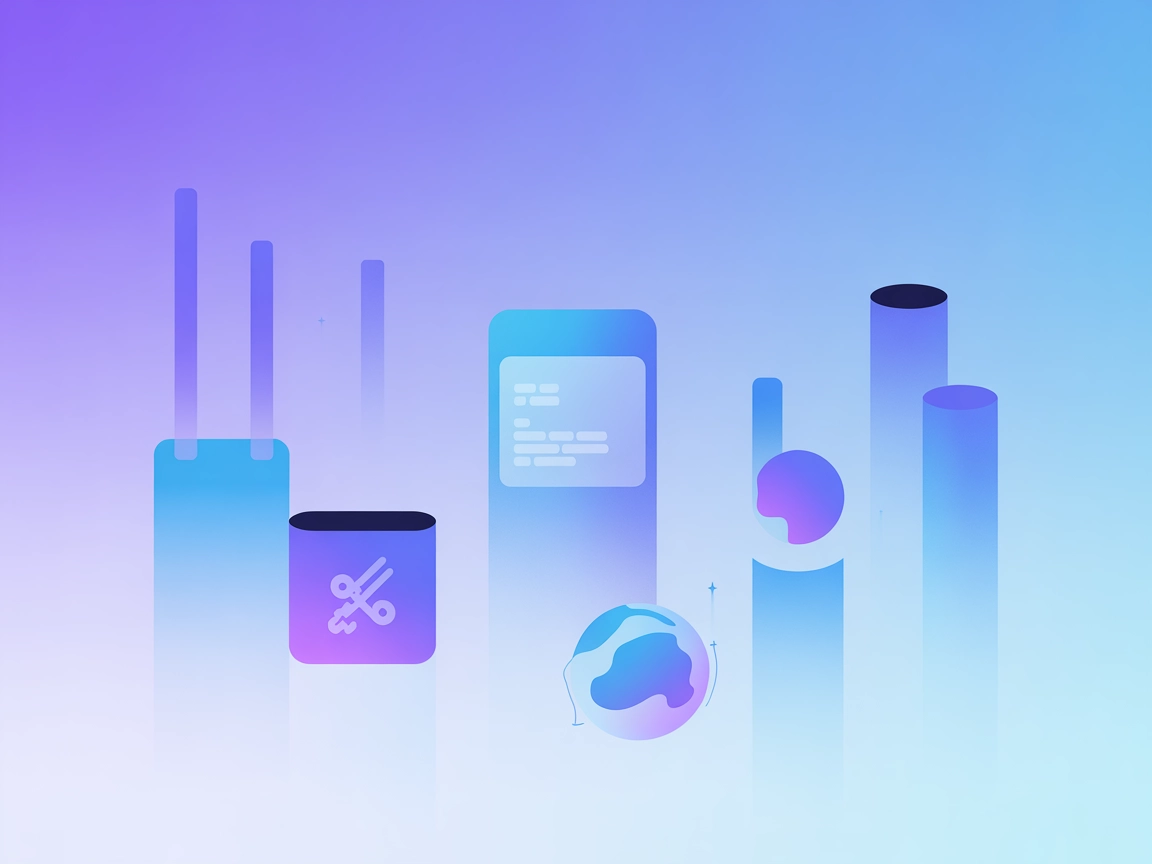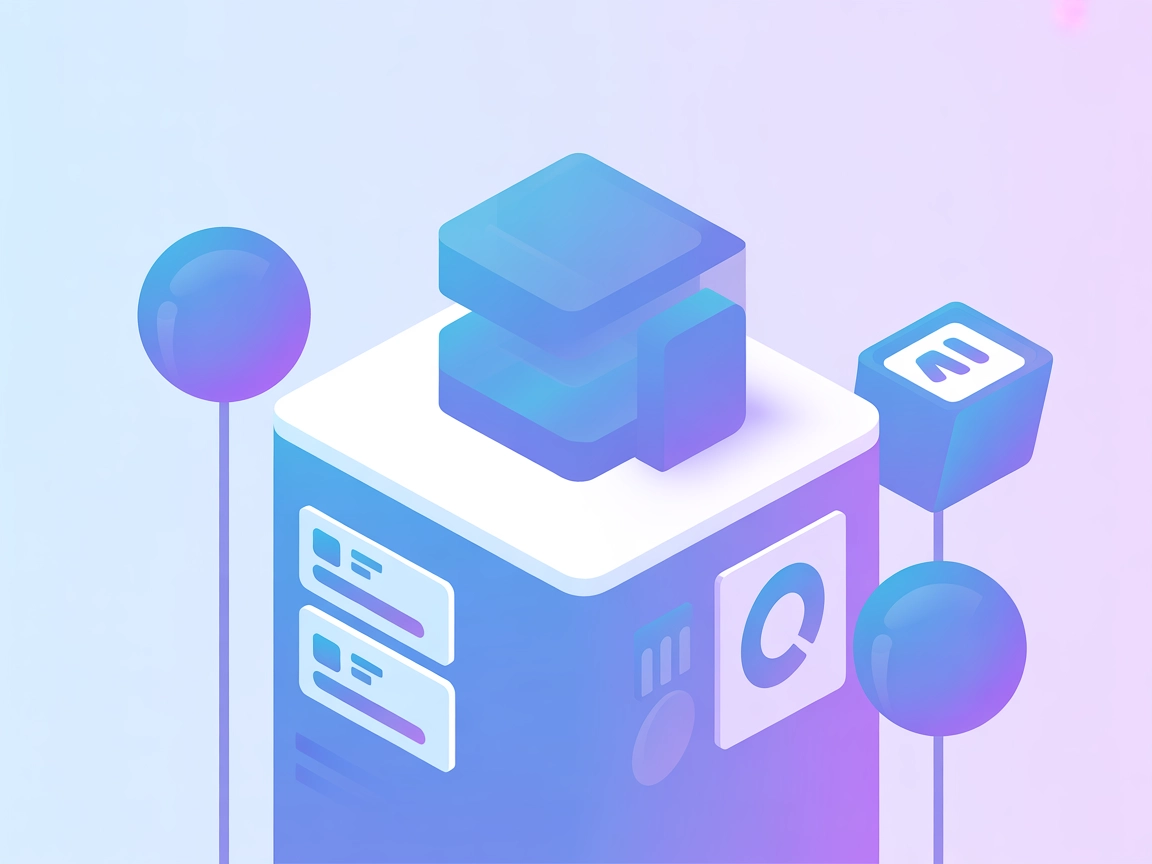
AI Agent for Databricks MCP
Unlock seamless natural language access to Databricks with the Model Context Protocol (MCP) Server. Query Databricks SQL warehouses, manage jobs, and monitor job status directly through an intelligent AI agent. Streamline analytics, automate reporting, and empower your team to interact with Databricks using conversational commands—all with robust security and easy setup.

Natural Language Databricks Access
Empower your team to communicate with Databricks using plain English. Run SQL queries, list jobs, and retrieve job status instantly, eliminating technical barriers and accelerating data-driven decisions.
- Run SQL Queries:
- Execute SQL statements on Databricks SQL warehouses directly with conversational prompts.
- List Databricks Jobs:
- Quickly retrieve and display all jobs configured in your Databricks workspace for full visibility.
- Job Status Lookup:
- Get the current status of any Databricks job by ID, ensuring instant monitoring and troubleshooting.
- Job Details On-Demand:
- Access comprehensive job metadata, run history, and configuration details for any job in your workspace.

Seamless Integration & Robust Security
Set up in minutes with secure authentication using Databricks personal access tokens. The MCP Server keeps your credentials protected and never exposes sensitive information. Designed for enterprise-grade privacy and reliability.
- Token-Based Security:
- Authenticate with Databricks using secure personal access tokens, never exposing credentials.
- Environment Isolation:
- Keep all sensitive configuration in environment files, ensuring workspace protection and compliance.
- Rapid Deployment:
- Deploy the MCP server quickly with a few commands and start leveraging Databricks conversationally.

AI Automation for Data Workflows
Leverage AI-driven automation for analytics, reporting, and job management. Use LLMs to interpret complex queries, trigger jobs, and receive status updates, all through a unified conversational interface.
- Conversational Analytics:
- Ask questions in natural language and get instant, actionable insights from your Databricks data.
- Automated Reporting:
- Schedule and trigger reports directly from your AI agent, saving time and reducing manual effort.
MCP INTEGRATION
Available Databricks MCP Integration Tools
The following tools are available as part of the Databricks MCP integration:
- run_sql_query
Execute SQL queries on your Databricks SQL warehouse to analyze and retrieve data.
- list_jobs
List all Databricks jobs available in your workspace to monitor and manage workflows.
- get_job_status
Get the status of a specific Databricks job by providing its job ID.
- get_job_details
Retrieve detailed information about a specific Databricks job using its job ID.
Connect Your LLMs to Databricks Instantly
Leverage the Databricks MCP Server to empower your LLMs with real-time SQL querying, job management, and seamless Databricks integration. Get started in minutes and unlock new AI-driven workflows!

What is Databricks
Databricks is a leading cloud-based platform designed to unify data, analytics, and artificial intelligence (AI) solutions for enterprises. Founded by the original creators of Apache Spark, Databricks provides a collaborative workspace that allows data engineers, data scientists, and analysts to work together seamlessly. The platform supports a wide range of data processing tasks, including ETL, data warehousing, machine learning, and real-time analytics. Databricks’ 'lakehouse' architecture combines the best features of data lakes and data warehouses, offering high performance, reliability, strong governance, and open collaboration. Organizations use Databricks to build, deploy, and manage data-driven applications at scale, accelerating innovation and delivering insights faster.
Capabilities
What we can do with Databricks
With Databricks, you can leverage a unified environment to perform advanced analytics, streamline data engineering workflows, and accelerate machine learning initiatives. The platform offers robust tools for collaborative data science, large-scale data processing, and automation of data pipelines—all while enabling secure and governed data management across the organization.
- Collaborative Analytics
- Work together on data projects with notebooks and shared workspaces.
- Unified Data Engineering
- Build, schedule, and monitor ETL pipelines easily and at scale.
- AI/ML Model Development
- Train and deploy machine learning models with integrated MLOps tools.
- Real-Time Data Processing
- Ingest, process, and analyze streaming data for real-time insights.
- Open and Secure Architecture
- Integrate with popular open-source frameworks and enforce enterprise-grade security.

What is Databricks
Databricks empowers AI agents by providing a scalable, reliable platform for accessing, processing, and analyzing massive volumes of data. AI agents can leverage Databricks’ unified environment to automate data preparation, train robust machine learning models, and deploy solutions seamlessly. The platform’s collaborative features and open architecture enable agents to integrate with various tools and frameworks, enhancing their learning and adaptation capabilities while ensuring data security and compliance.





